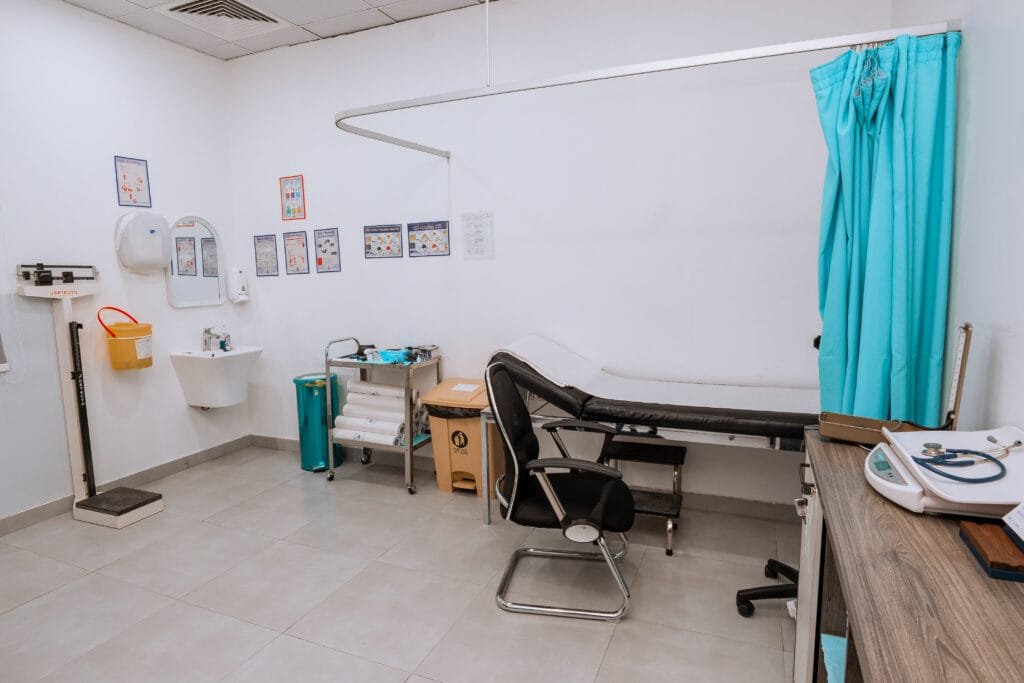
The success of the treatment process is not limited to the physical healing of the disease alone but extends to include the psychological and social aspects of the patient. To achieve this goal, the efforts of various parties must come together to create an ideal therapeutic environment.
Key pillars of success in treatment:
- The relationship between the doctor and the patient:
- Trust is essential: The patient must feel confident in their doctor and view them as a partner in the healing journey.
- Effective communication: The doctor should listen to the patient attentively and explain the patient’s health condition and the proposed treatment in clear and simple terms.
- Empathy and understanding: The doctor should understand the psychological aspect of the illness and provide emotional support to the patient and their family.
- Active participation of the patient:
- Commitment to the treatment plan: The patient must adhere to the treatment plan set by the doctor, take medications regularly, and perform prescribed exercises.
- Proper nutrition: Food plays a crucial role in the healing process, so the patient should follow a healthy, balanced diet.
- Mental rest: The patient should ensure they get enough rest and sleep, as well as engage in activities that help them relax and relieve stress.
- The role of the family and community:
- Emotional support: The family and community should provide emotional support to the patient, encouraging positivity and optimism.
- Assistance in daily life: The family and community can help the patient perform daily tasks and provide the necessary care.
- The therapeutic environment:
- The hospital: Hospitals must provide a safe and comfortable environment for patients, addressing both their psychological and physical comfort.
- Modern technology: The use of the latest medical technologies in treatment contributes to improving outcomes and reducing complications.
- The psychological aspect:
- Psychological therapy: Some patients may need psychological therapy to help them cope with the illness and overcome negative emotions.
- Psychological support: Support can be provided through support groups or psychological rehabilitation programs.
Additional factors that contribute to successful treatment:
- Health education: It is essential to educate patients and their families about the importance of disease prevention and how to manage it.
- Scientific research: Investment in scientific research is necessary to develop new and more effective treatments.
- Collaboration between different medical specialties: There must be close collaboration between various medical specialties to provide comprehensive care for the patient.
In conclusion, the success of treatment requires the collective efforts of all concerned parties, from the doctor to the patient, and extending to the family and community. By creating a supportive therapeutic environment and providing comprehensive care for the patient, we can achieve better therapeutic outcomes and improve the quality of life for patients.
Notes:
- This article can be expanded to include specific diseases or patient groups (such as cancer patients, diabetes patients, etc.).
- Information on the role of technology in healthcare, such as health apps and wearable sensors, can be added.
- Emphasis can be placed on the importance of disease prevention and encouraging people to adopt a healthy lifestyle.





